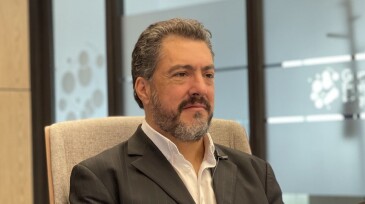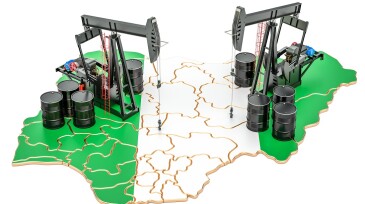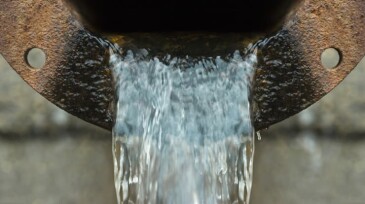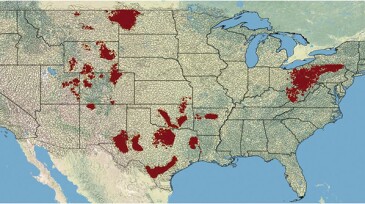HSE & Sustainability
A DNV report on decarbonization says the Middle East and North Africa region is expected to become the world’s largest hydrogen exporter by 2060 while maintaining a dominant position in global oil and gas markets.
The planned facility was designed to process 34 MMcf/D of associated gas into fully refined gasoline.
The newly named MTS brings together the full methane ecosystem, end to end—connecting technology, data, operations, and assurance across upstream, midstream, and beyond.
-
Polish oil company will take an additional 2 mtpa for 20 years.
-
Purchasing carbon offsets is a widespread means of attempting to meet carbon-reduction and net-zero emissions goals across many industries. Also widespread is the increasing scrutiny of the practice. How “real” are the offsets? How are they quantified and verified, and by whom?
-
The company’s 2021 Energy Transition Outlook says the Earth likely will miss the 2°C goal of the Paris Agreement and the window to get back on track is closing rapidly.
-
The president of Grupo Energía Bogotá, Juan Ricardo Ortega, talks about the challenges of energy transition and environmental protection.
-
Over 2 decades in the making, the Petroleum Industry Act has become law and establishes a new reality for Nigeria’s oil and gas industry.
-
Water Research Australia says the project aims to “address the challenge of water scarcity in the process of hydrogen production.”
-
Using a large-sample statistical approach based on publicly available data, the authors of a recent study investigated the potential impact of unconventional oil and gas development on surface water quality.
-
The energy transition was present but not at center stage at recent earnings calls as majors celebrated their improving financial performance.
-
The company says it is planning eight large ocean-going container vessels that can run on methanol, with the first being announced in 2024.
-
A fire at Ku-Maloob-Zaap killed five and sidelined more than 400,000 BOPD.













